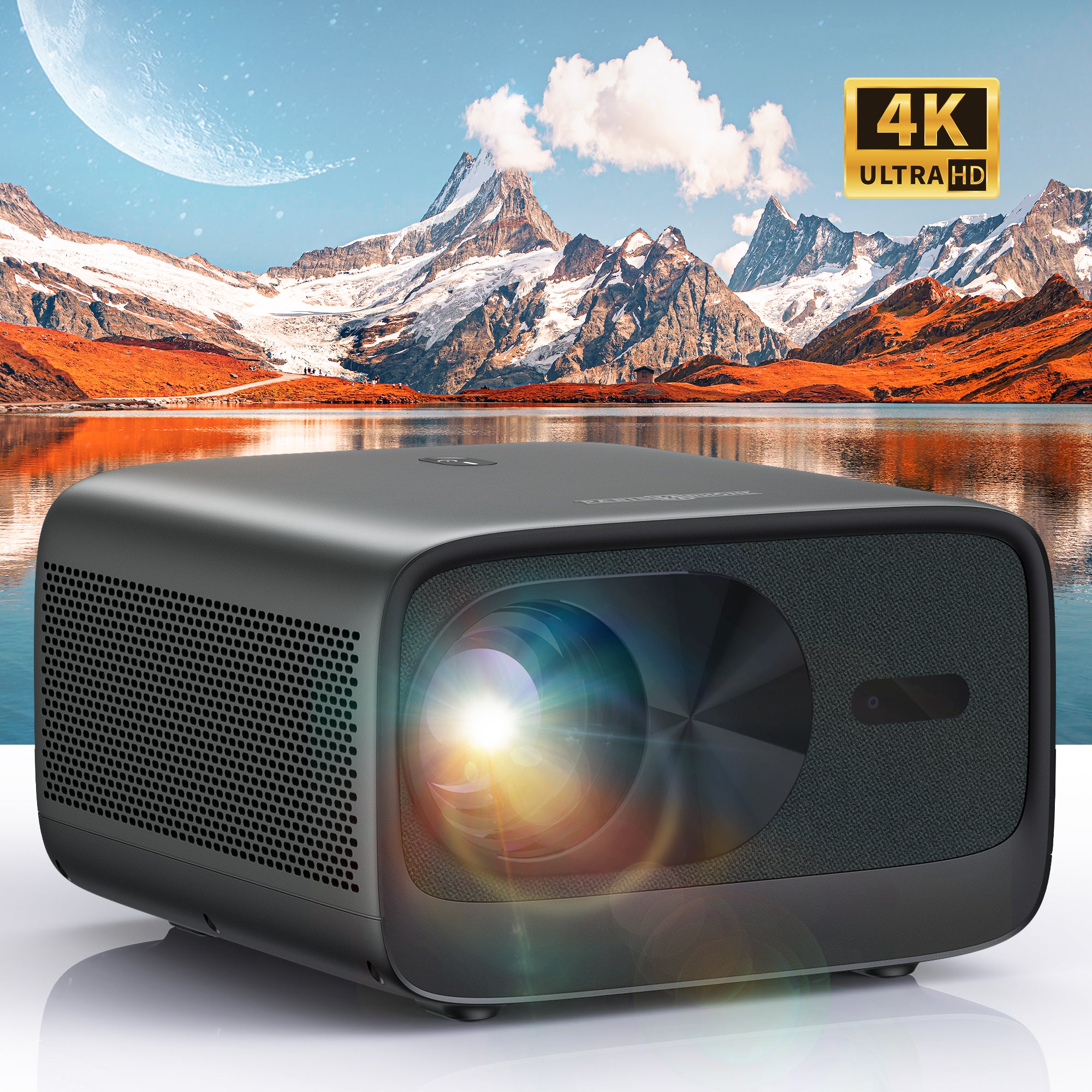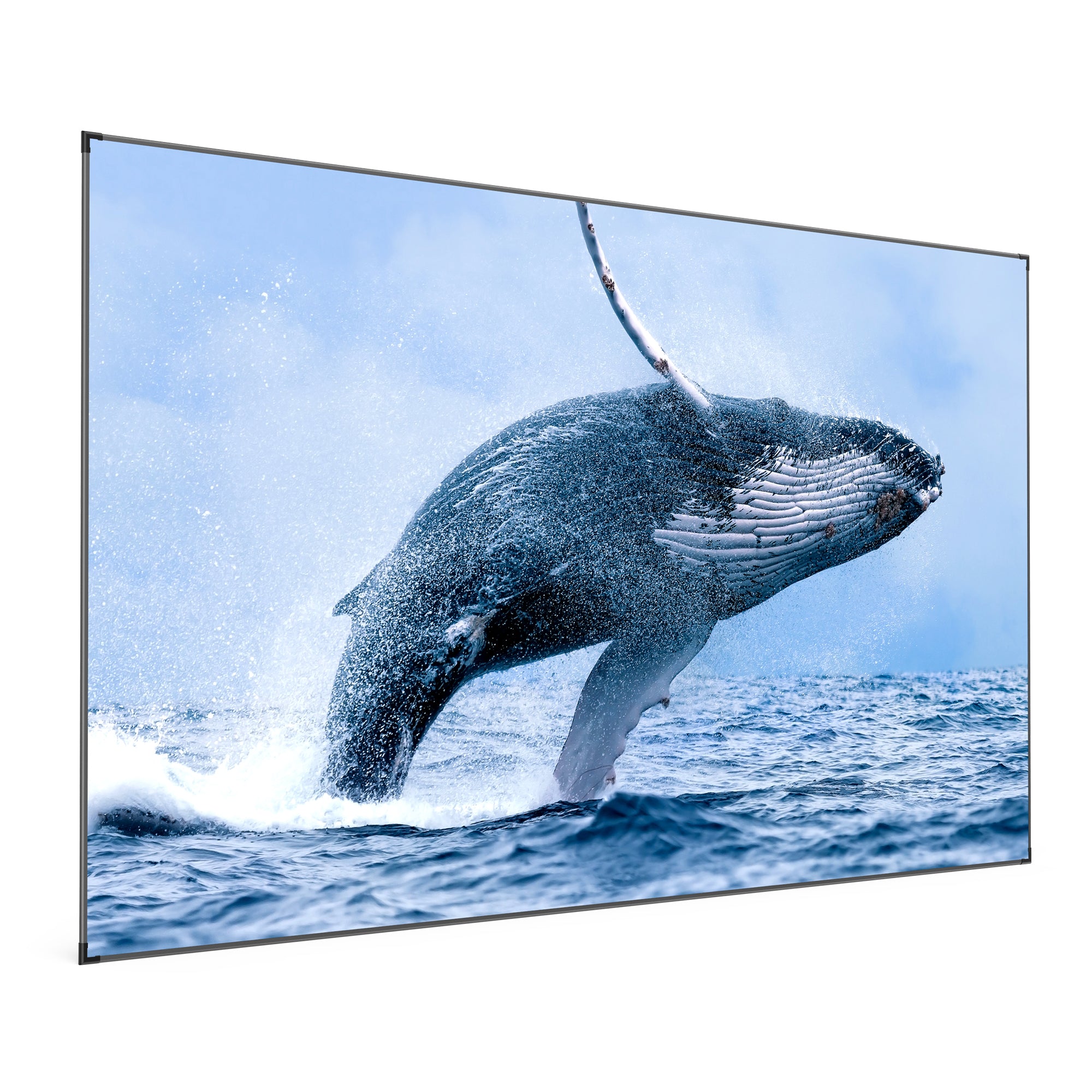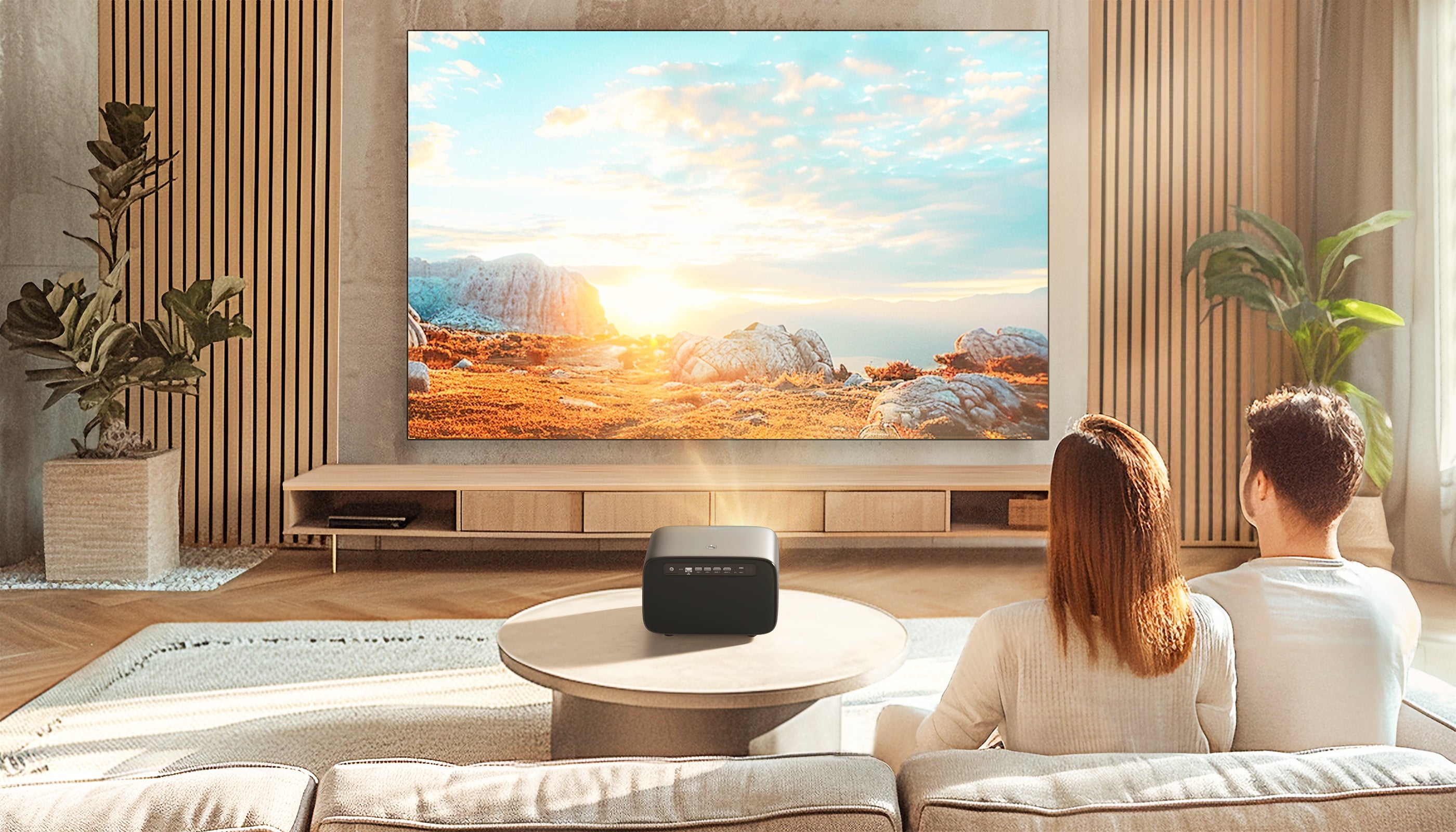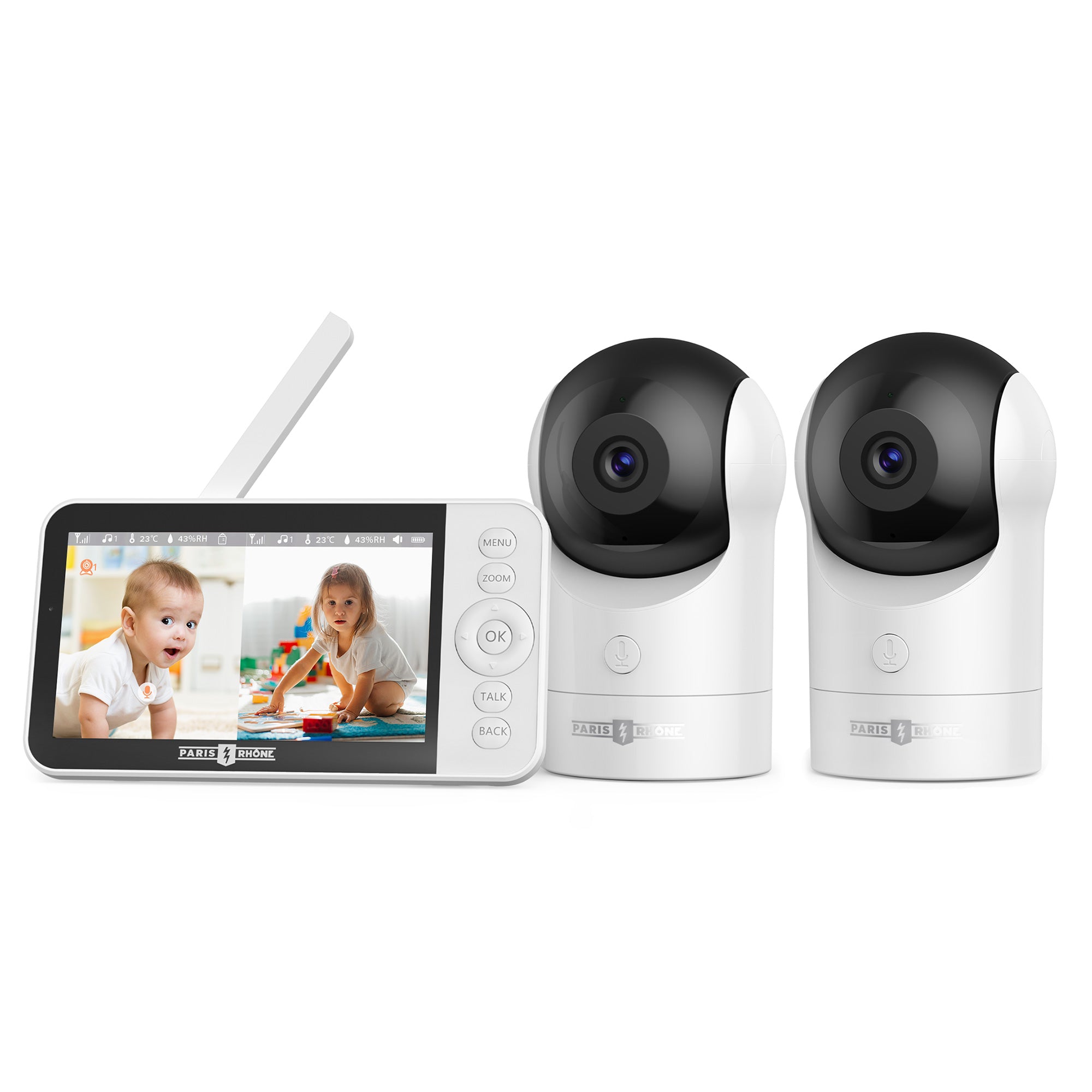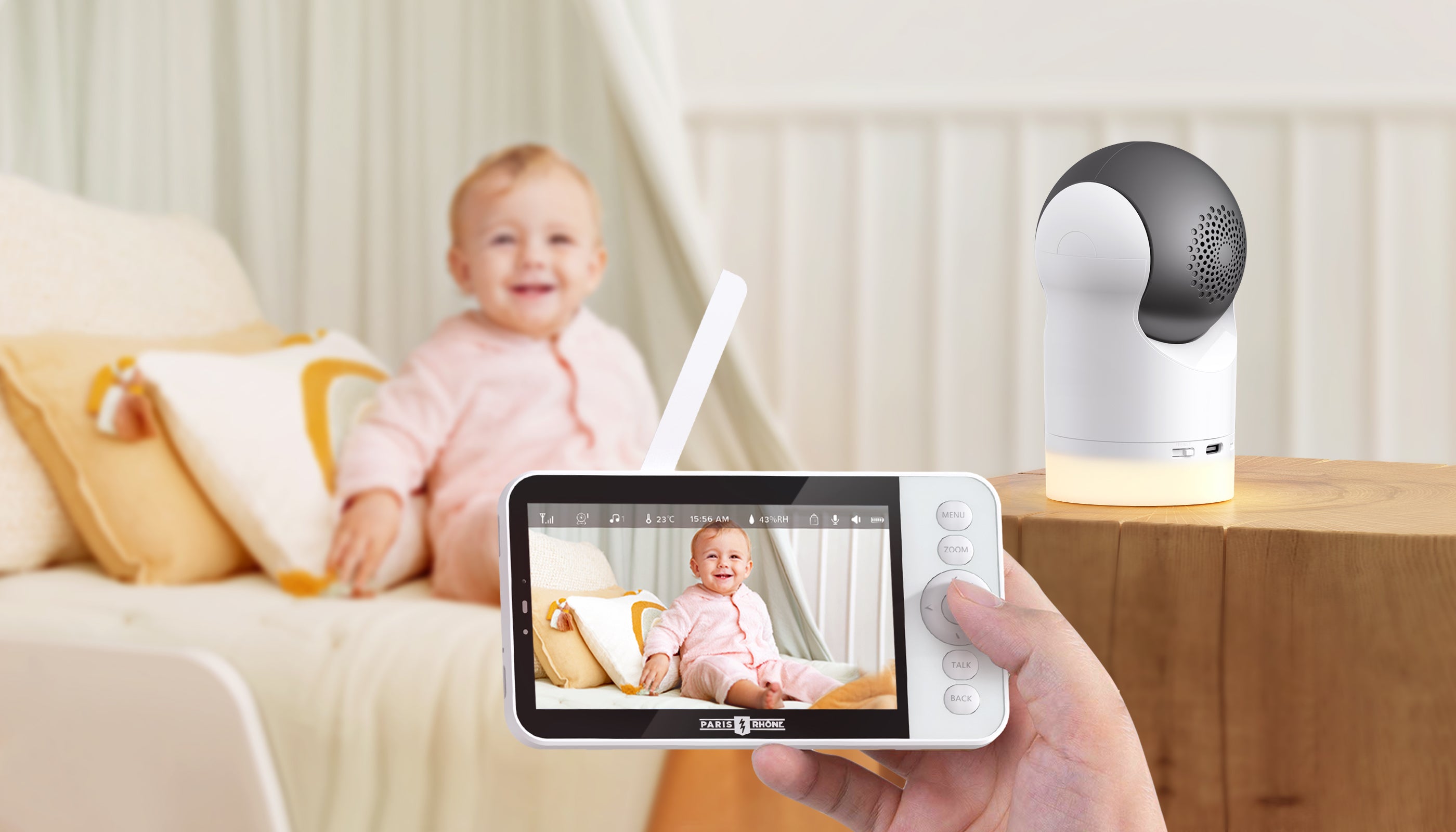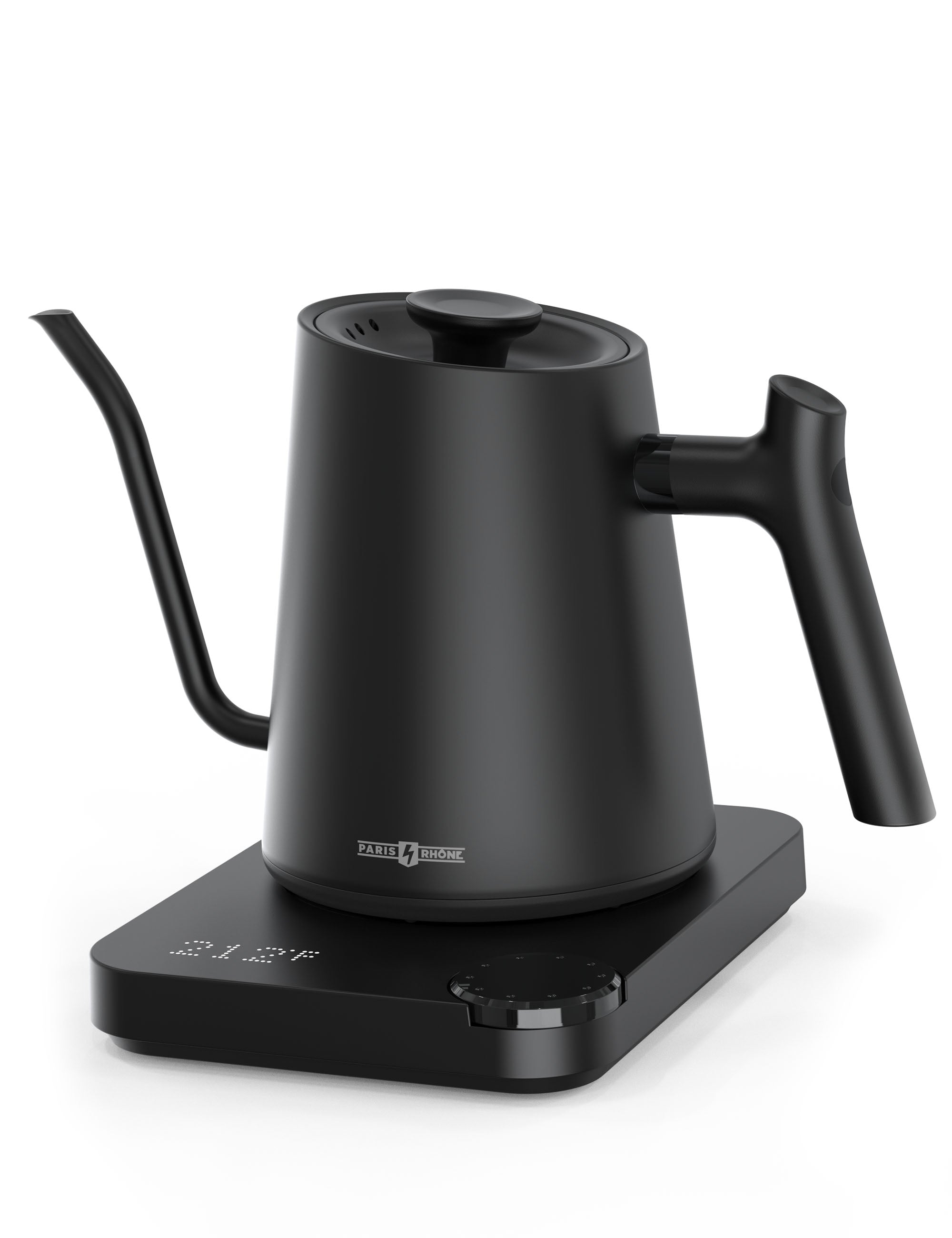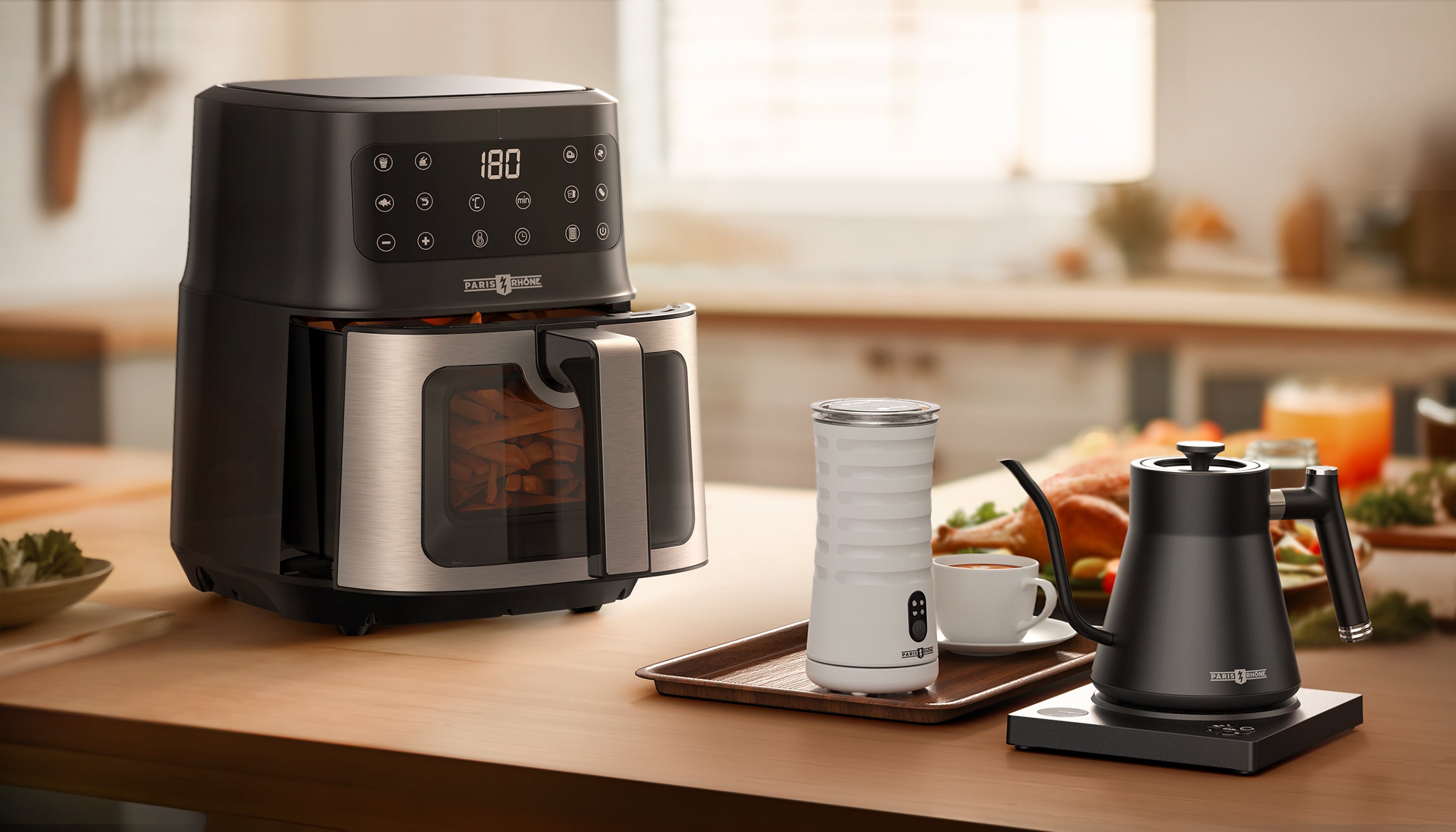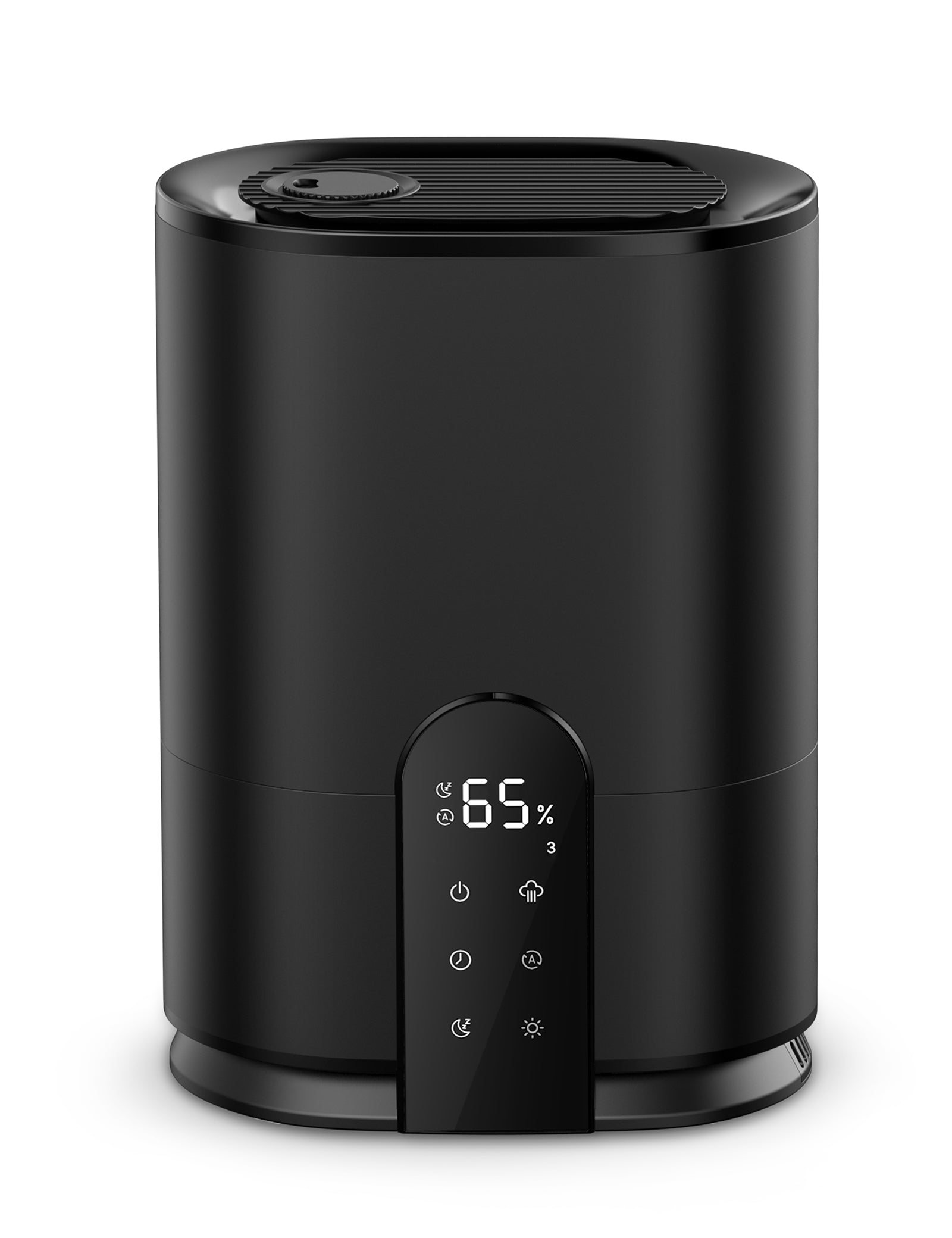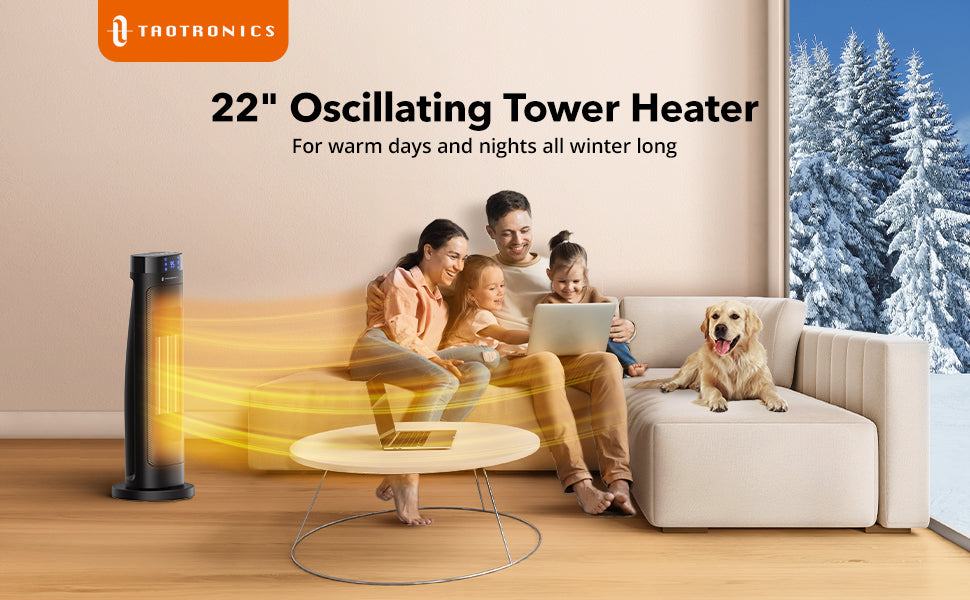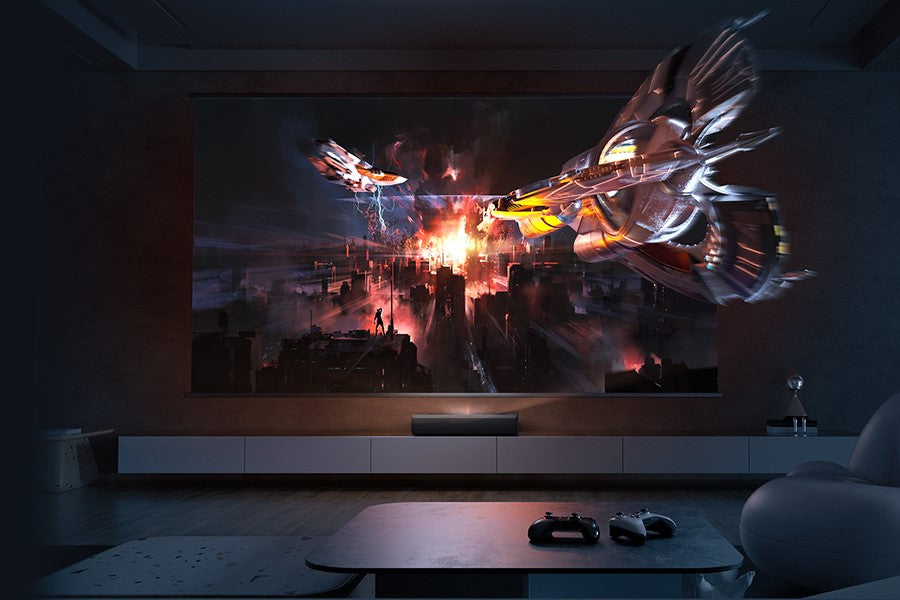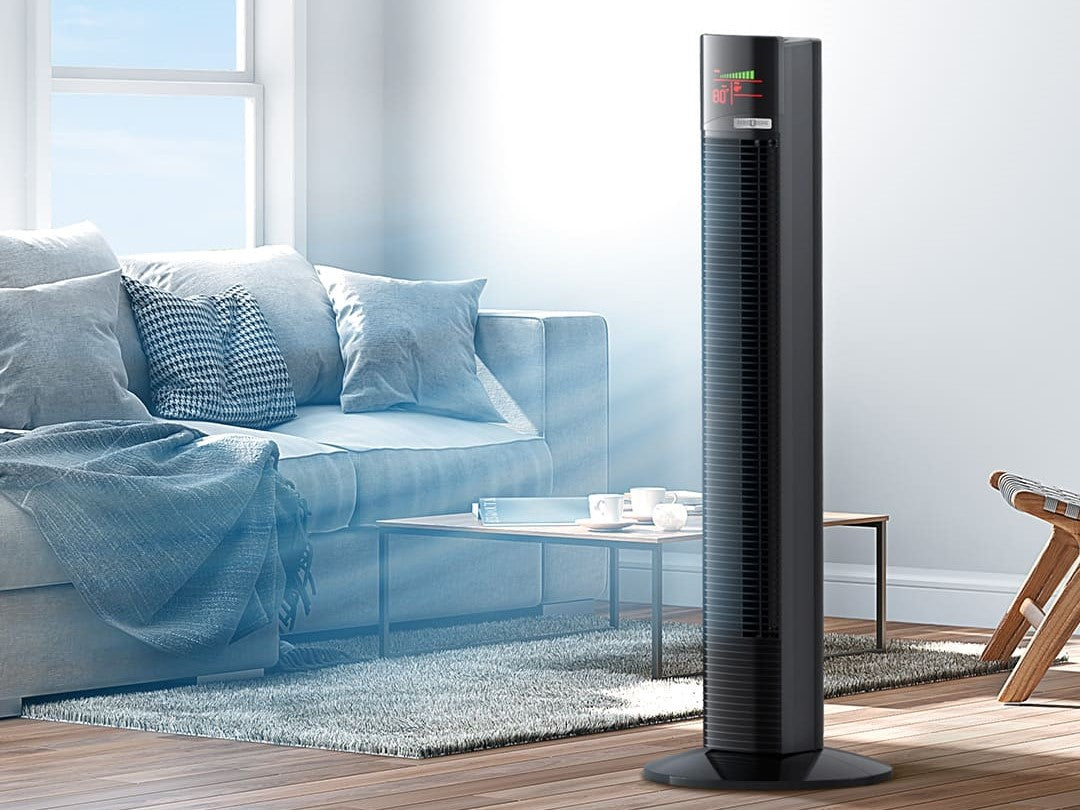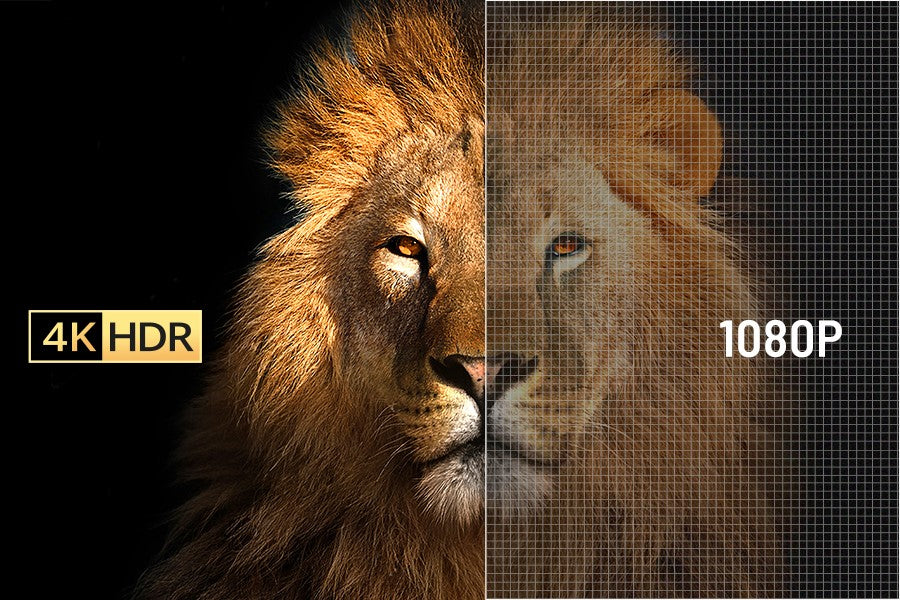When designing an exceptional home theater, a projector or TV both offer exciting possibilities. Projectors cast massive, immersive images from a short distance. TVs provide compact entertainment oozing cutting-edge features and technologies. Choosing between these options brings up cost, brightness, screen size, resolution, sound, and space requirements. You can determine if a projection or TV system best satisfies your home needs by weighing up these key considerations.
Financial Commitment: Analyzing Cost Differences
Initial Purchase Price
In general, TVs are more affordable than projectors for comparable display sizes and features. Mass market production allows quality big-screen TVs starting under $1000. Projectors are more specialized niche products, with decent 1080p models starting around $700 but better home cinema units costing $2000+. High-end projectors reach $10,000+ while top TVs max out around $5,000. Of course, budget dictates options.
Maintenance Expenses
Projector lamps need replacement every 2000-5000 hours at $100-300 per lamp. TVs have lower maintenance costs. However, TVs may require periodic professional calibration for optimal performance, an added expense. Overall, TVs have a cost advantage regarding ongoing costs.

Visual Excellence: Resolution in Projectors vs. TVs
Understanding Resolution
Resolution determines image detail and sharpness. Higher resolution equates to clearer pictures. Standard HD is 1920 x 1080 pixels, while 4K Ultra HD quadruples that to 3840 x 2160 pixels. 8K looms on the horizon. The best projectors and TVs leverage higher resolutions for stunning clarity.
Resolution Capabilities
In the resolution, high-end projectors compete well with TVs. Projectors utilize technologies like DLP and LCOS to deliver razor-sharp 4K for premium theater experiences. Leading LCD/LED TVs offer 4K and emerging 8K panels. Overall, both display technologies can satisfy resolution demands, especially at the high end.
Immersive Experience: Implications of Screen Size
Advantages of Large Projector Screens
Projectors excel at creating huge 100-300 inch diagonal screen sizes that fill your field of view for fully immersive viewing. Even 4K content shown at giant sizes retains visual integrity. Large screens paired with surround sound and theater seating create true cinematic experiences at home.
The appeal of TV Screen Sizes
While maxing out around 100 inches, the latest TVs make their ample display size feel even bigger through ultra-thin bezels and small footprint thin-depth designs. Floor-to-ceiling theater-sized TV walls provide a serious wow factor. For more compact rooms, TVs strike a great size/immersion balance.
The Need for Screens: An Additional Consideration
Importance of Projection Screens
Dedicated projection screens optimize the viewing experience. Matte white surfaces provide brighter uniform images, while acoustic transparency allows installing speakers behind the screen. Screens come in a variety of materials, like acrylic and vinyl. Professional installation finishes the setup.
Pros and Cons of Separate Screens
The extra cost of screens for projectors can add up. However, screens enhance perceived contrast and prevent light contamination. Replacing a screen is also generally cheaper than getting a whole new TV. Overall, projection screens are vital for the best projector performance.

Brightness Levels: How Projectors Stack Up Against TVs
Brightness in Different Light Conditions
Projectors require controlled lighting for peak image brightness. Ambient light washes out projections. HDR projectors reach upwards of 2,000 ANSI Lumens to counteract this. TVs achieve incredible brightness exceeding 1,000 nits, overpowering any room lighting issues. In bright rooms, TVs have the edge.
Effects of Brightness on Viewing Experience
A bright, vivid picture creates immersion and excitement. Deep blacks come from excellent contrast, a strength of good projectors. While projectors can compete if the lighting is managed, TVs have innate brightness advantages that make them less finicky for rooms with windows and lights. Punchy images, really wow.
Space Allocation: Evaluating Spatial Requirements
Projector Space Considerations
Projectors require clearance from the screen and room for long throw distances - often over 9 feet for larger screen sizes. This calls for bigger dedicated home theater spaces. Short throw models need less room but usually provide smaller screen sizes. Heat and noise also factor into positioning.
TV Spatial Needs
TVs take up minimal wall space, even at 80 inches and beyond. Flat mounting provides a streamlined appearance. Flexible room layouts suit TVs well. Settings like above a fireplace become possible versus needing a dedicated projection space. TVs work great even in modest rooms.
Audio Quality: Sound Performance
Projector Audio Capabilities
Built-in projector speakers usually provide decent sound quality. However, to avoid audio lag, external sound systems are better suited for a true surround sound experience. Connect an A/V receiver and surround speakers for a room-filling sound that matches the huge screens projectors create.
Evaluating TV Sound
With advanced speakers built directly into ultra-thin display panels, today's TVs put out impressive audio power and clarity. Sound modes like Dolby Atmos further boost immersion. Of course, external speakers can still enhance audio impact. However, modern TVs minimize the need for standalone systems.
Conclusion
Projectors and TVs make experiencing movies, sports, and gaming more thrilling than ever. If massive projection screen immersion calls your name, embrace a capable home theater projector system. Prefer a bold, bright 4K TV as the modern media centerpiece? The latest dazzling models will amaze you. With both display technologies better than ever, your dream home theater awaits. Choosing the projector or TV that perfectly matches your needs and budget is the most important thing. Then sit back and enjoy the ultimate entertainment experience!




